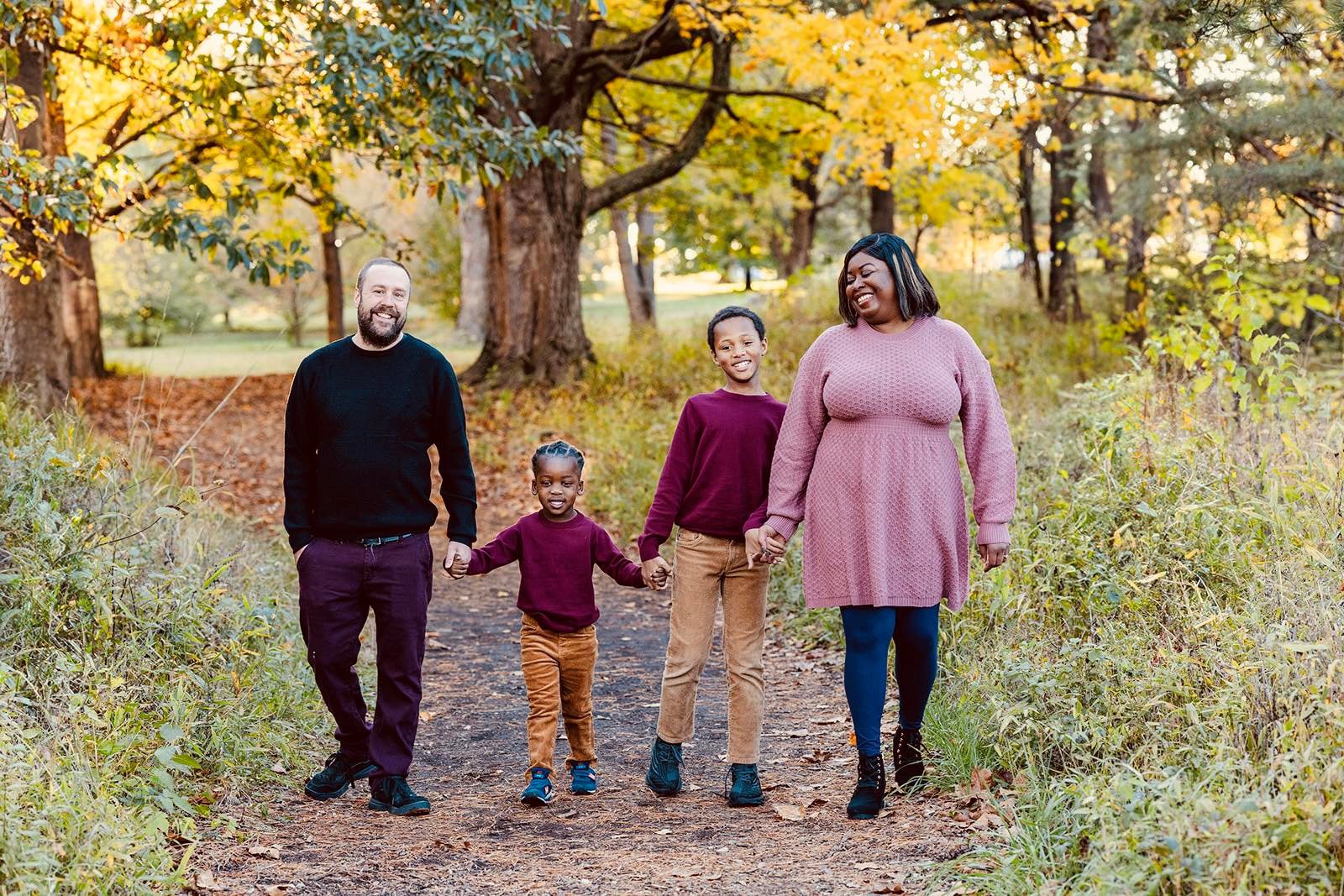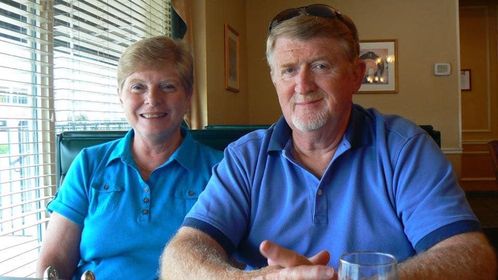Mr. Orville Duane Allen lived a long life of heroic service to his country and his community. He was a veteran of both World War II and the Korean War. When he returned home, he served for 27 years in the U.S. Army Reserve and devoted nearly four decades to teaching vocational agriculture. His dedication to others continued until the very end when his donated liver saved the life of a 72-year-old woman. At 98 years old, Mr. Allen became the oldest recorded organ donor in United States history.
“Our dad was beloved by his family, his students, and the soldiers he led because he was such a caring man who brought out the best in others,” said Linda Mitchelle, Mr. Allen’s daughter. “We are grateful to Mid-America Transplant and St. Francis Medical Center for the opportunity to continue his impact through organ donation – a decision I know he would have made without hesitation.”
Am I too old to be an organ donor?
A common question that often comes up for people thinking of becoming an organ donor is, “Am I too old to be an organ donor?” Mr. Allen is proof that no matter how old you are, you can still potentially give the gift of life through organ donation. In fact, there is no age limit for registering to become an organ donor.
Need more proof? In 2016, a 107-year-old woman donated her corneas after death and became Scotland’s oldest organ donor. And in 2019, an 84-year-old man gave a kidney to his 72-year-old neighbor.
Doctors say the issue is health, not age. Seniors can be organ donors as long as they are healthy enough to donate and don’t have cardiovascular disease, cancer, or other major conditions. A series of tests by medical professionals determine a person’s eligibility to be an organ donor. Additionally, even with those conditions, it can still be possible to pass on the gift of life through tissue and cornea donation.
You’re never too old to make a difference
According to data from the United Network of Organ Sharing (UNOS), more than 30 percent of all deceased organ donors in the United States since 1988 have been aged 50 or older. And it’s a trend that’s rising. In 2021, one out of every three people who donated organs was over the age of 50. That’s up more than 8 percent from just 20 years ago. And in the last 20 years, 17 people over the age of 90 have died and become organ donors in the United States. The bottom line? You’re never too old to make a difference.
Mr. Allen’s donation could go on to help thousands of people. UNOS Chief Medical Officer David Klassen hopes others follow the example set by older donors. “Too often, people mistakenly believe there is an age limit associated with being an organ donor,” said Klassen. “The truth is, no one is ever too old or too young to give the gift of life. Every potential donor is evaluated on a case-by-case basis at the time of their death to determine which organs and tissue are suitable for donation.”
Give the gift of life at any age
Organ donation is not something that is just for young people. Each and every American has the power to make a contribution as significant as Mr. Allen’s by registering as a donor. As it did with Mr. Allen, donation ensures a life of service can extend long after you’re gone. Now it’s your turn. Give the gift of life at any age and sign up for the donor registry. You’ll increase the chance that patients waiting will get the transplants they need to survive.



